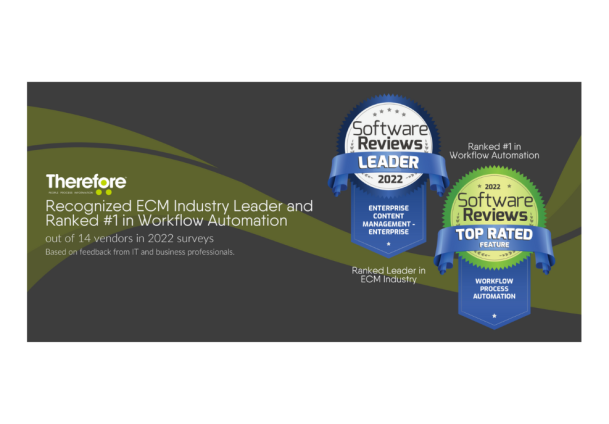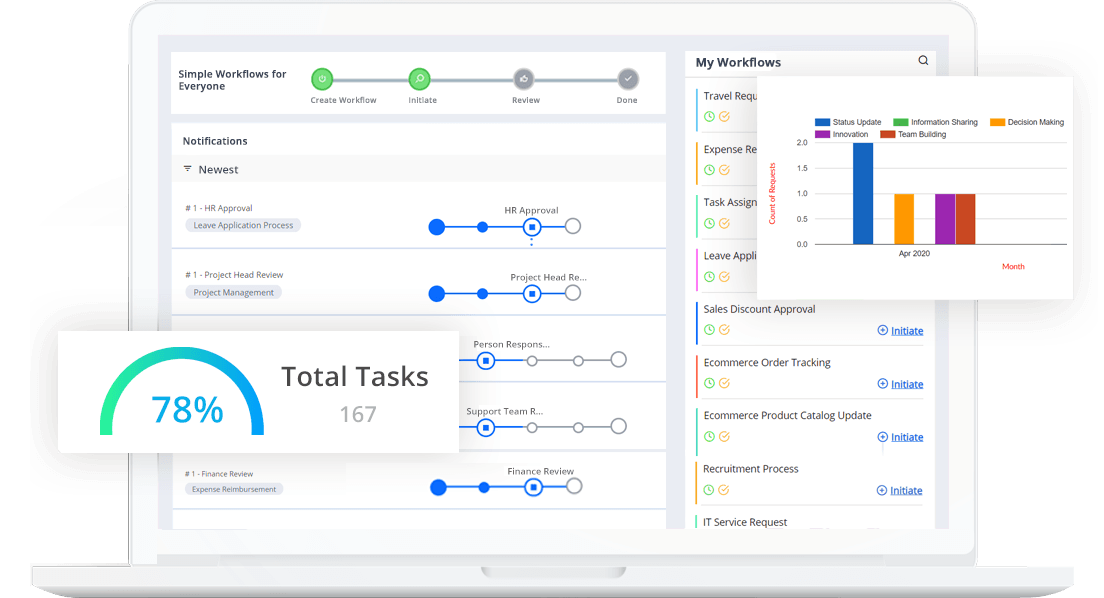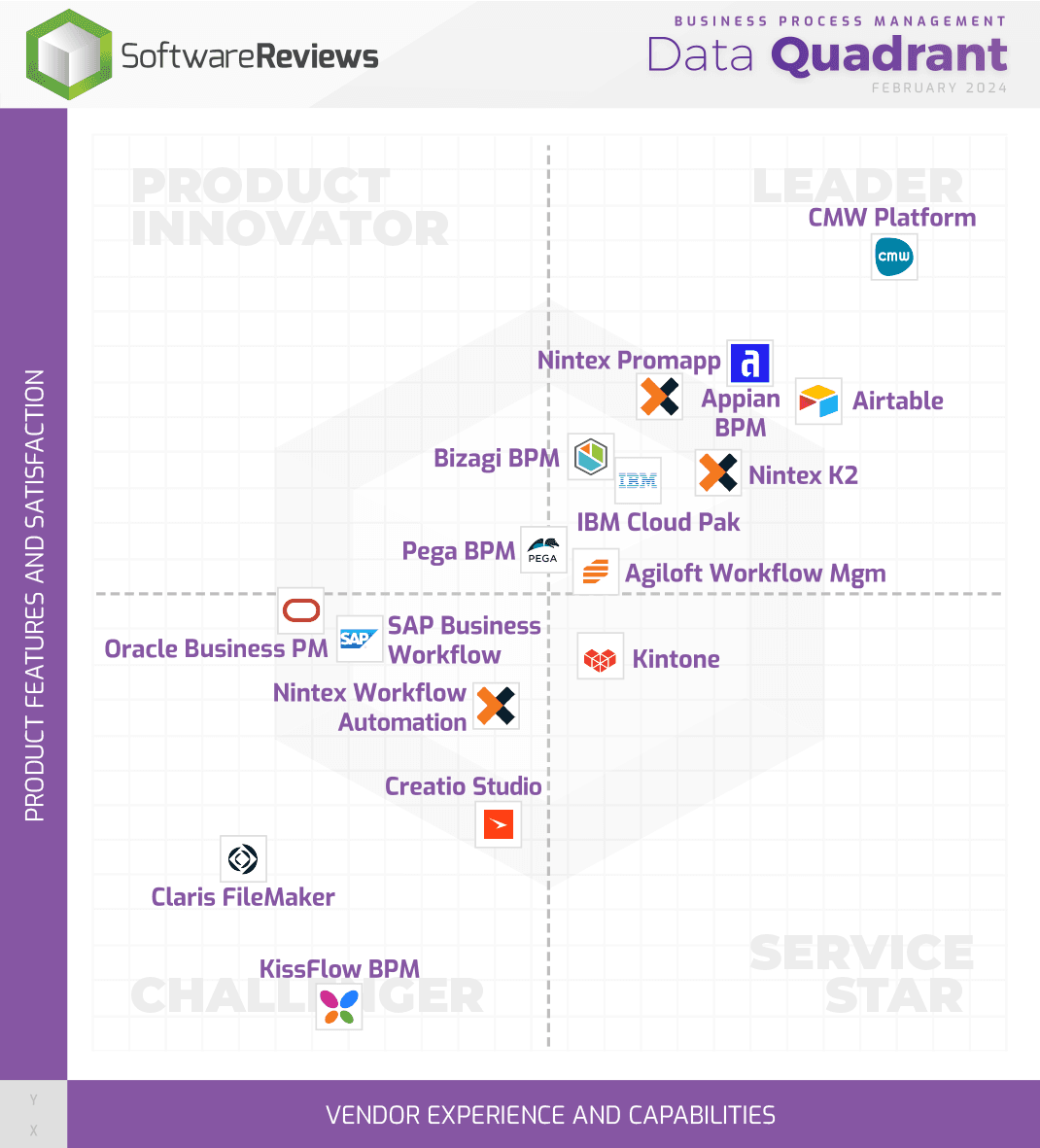Business workflow automation software streamlines operations and boosts efficiency. It reduces manual tasks, saving time and costs.
Business workflow automation software is essential for modern businesses. It automates repetitive tasks, improving productivity and accuracy. Many software options are available, each offering unique features. Some popular choices include Zapier, Monday. com, and Asana. These tools help teams collaborate better and track progress.
They also integrate with other software, making workflows seamless. Choosing the right tool depends on your specific needs. Consider factors like ease of use, integration capabilities, and pricing. Test different options before making a decision. Effective automation can transform your business operations. It leads to faster processes, reduced errors, and happier teams.
Introduction To Workflow Automation
In today’s fast-paced business environment, efficiency is key. Workflow automation software helps businesses streamline their processes. This introduction will shed light on the importance and benefits of workflow automation.
Importance In Modern Business
Workflow automation holds significant importance in modern business practices. It helps in reducing human errors and saving time. Automated workflows ensure tasks are completed consistently. This increases overall productivity and efficiency. With automation, businesses can focus on growth rather than mundane tasks.
Key Benefits
Workflow automation offers several key benefits to businesses:
- Increased Efficiency: Automation speeds up repetitive tasks.
- Reduced Errors: Consistent processes minimize mistakes.
- Cost Savings: Automation reduces labor costs.
- Improved Accountability: Tracking tasks becomes easier.
- Better Collaboration: Teams can work together seamlessly.
To sum up, workflow automation is a must-have for modern businesses. It boosts efficiency, reduces errors, and saves costs. Businesses can thrive with automated workflows.
Criteria For Selecting Software
Choosing the right business workflow automation software is crucial. It can streamline processes and boost productivity. Here are key criteria to consider when selecting the best software for your business needs.
Ease Of Use
Ease of use is essential. The software should have a friendly user interface. Employees should learn it quickly. A complex system can cause frustration and errors.
Consider software with a simple dashboard. It should have clear instructions and tooltips. Tutorials and support options are also important. Evaluate the availability of training resources. Look for software that minimizes the learning curve.
Integration Capabilities
Integration capabilities are critical for seamless workflows. The software should integrate with existing tools. This ensures smooth data flow between systems.
Create a list of tools your business uses. Check if the software supports these integrations. Popular integrations include CRM, email marketing, and project management tools.
| Tool | Integration Availability |
|---|---|
| CRM | Yes |
| Email Marketing | Yes |
| Project Management | Yes |
Assess the ease of integrating new tools. An open API is a good sign. It allows for future integrations as your business grows.
By focusing on ease of use and integration capabilities, you can select the right business workflow automation software. This ensures efficiency and productivity in your business operations.
Top Workflow Automation Tools
Businesses thrive on efficiency and seamless operations. Workflow automation tools boost efficiency. These tools streamline tasks and reduce human error. Discovering the best tools is key to success. Below are some top tools in the market.
Tool 1: Features And Pros
Tool 1 offers a range of powerful features. It integrates with many apps seamlessly. Users can automate repetitive tasks easily. The tool provides a user-friendly interface.
- Integration: Connects with over 200 popular apps.
- Customizable Workflows: Tailor workflows to specific needs.
- Analytics: Provides detailed reports and insights.
- Security: Ensures data privacy with high-level encryption.
Users praise the tool for its reliability. It simplifies complex processes. The interface is intuitive. No coding skills are needed. Users can drag and drop tasks. This makes it accessible for everyone.
Tool 1: Cons And Pricing
Despite its benefits, Tool 1 has some drawbacks. It can be pricey for small businesses. The learning curve might be steep for beginners. Customer support response times can be slow.
| Plan | Price |
|---|---|
| Basic | $15/month |
| Pro | $30/month |
| Enterprise | Contact for pricing |
Overall, Tool 1 is a strong choice. Its features outweigh its cons. For larger businesses, it is a valuable investment.

Credit: therefore.net
Tool 2: In-depth Review
In this section, we delve into an in-depth review of Tool 2. Discover its features, pros, cons, and pricing. This helps you determine if it suits your business needs.
Features And Pros
- Automated Task Management: Tool 2 automates repetitive tasks efficiently.
- Integration Capabilities: Seamlessly integrates with popular apps and services.
- User-Friendly Interface: Easy to navigate for users of all skill levels.
- Real-Time Analytics: Provides instant insights and data visualization.
- Customizable Workflows: Tailor workflows to fit specific business needs.
| Feature | Pro |
|---|---|
| Automated Task Management | Increases efficiency and reduces manual effort |
| Integration Capabilities | Works well with existing tools |
| User-Friendly Interface | Easy adoption by team members |
| Real-Time Analytics | Helps in quick decision-making |
| Customizable Workflows | Adapts to unique business processes |
Cons And Pricing
- Learning Curve: Initial setup and learning might take time.
- Cost: Pricing is on the higher side for small businesses.
- Limited Mobile App Features: Mobile app lacks some desktop features.
Tool 2 offers various pricing plans:
- Basic Plan: $50/month – Limited features.
- Pro Plan: $100/month – Most features included.
- Enterprise Plan: Custom pricing – All features and premium support.
Tool 3: Comprehensive Analysis
Business workflow automation software can transform your daily operations. Tool 3 stands out for its robust features and performance. This section provides an in-depth look at its capabilities, benefits, and drawbacks.
Features And Pros
Tool 3 offers a wide range of features designed to streamline business processes:
- Customizable Workflows: Tailor processes to fit your unique business needs.
- Real-Time Analytics: Monitor performance and make data-driven decisions quickly.
- Integration Capabilities: Easily integrates with popular business applications.
- User-Friendly Interface: Simple and intuitive design for easy adoption.
- Automated Notifications: Keep teams informed and tasks on track.
Pros:
- Improves efficiency by automating repetitive tasks.
- Enhances collaboration with seamless communication tools.
- Reduces errors through standardized workflows.
- Scalable to accommodate business growth.
Cons And Pricing
While Tool 3 offers numerous benefits, there are some drawbacks:
- Initial setup can be time-consuming.
- May require training for full utilization.
- Limited customization options for advanced users.
Pricing:
| Plan | Monthly Cost | Features |
|---|---|---|
| Basic | $20 | Essential features, limited integrations |
| Standard | $50 | All features, most integrations |
| Premium | $100 | All features, unlimited integrations, premium support |

Credit: www.predictiveanalyticstoday.com
User Experiences And Testimonials
Understanding user experiences with business workflow automation software is crucial. Many users share their stories. These stories include both positive feedback and common complaints.
Positive Feedback
Users often praise the efficiency these tools bring. Many mention time-saving as a top benefit. Here are some common praises:
- Ease of use – “The software is intuitive and user-friendly.”
- Improved productivity – “Our team completes tasks faster.”
- Cost savings – “We save money by automating repetitive tasks.”
- Better collaboration – “Team members communicate more effectively.”
Users also appreciate the customization options. They tailor the software to fit their unique needs.
Common Complaints
Not all feedback is positive. Some users face challenges. Here are some common complaints:
- Technical issues – “The software occasionally glitches.”
- Steep learning curve – “It takes time to get used to.”
- Limited integrations – “It doesn’t integrate with some of our tools.”
- Cost – “The price can be high for small businesses.”
Users often mention needing better customer support. They want quicker responses and more helpful solutions.
By understanding both the positives and negatives, you can make an informed choice. Choose the right business workflow automation software for your needs.
Future Trends In Workflow Automation
The future of workflow automation is evolving rapidly. Businesses now seek smarter, more efficient solutions. Let’s explore two major trends shaping this future.
Ai And Machine Learning
Artificial Intelligence (AI) and Machine Learning (ML) are transforming workflow automation. These technologies bring several benefits:
- Predictive Analysis: AI can predict future trends based on data.
- Task Automation: ML algorithms automate repetitive tasks.
- Improved Accuracy: AI reduces human errors in workflows.
AI and ML also enhance decision-making processes. They analyze data faster and more accurately. This helps businesses stay ahead of the competition.
Increased Customization
Customization is becoming crucial in workflow automation. Businesses want solutions tailored to their specific needs. Here are some benefits:
- Flexibility: Custom workflows adapt to unique business processes.
- Scalability: Solutions grow with the business.
- Efficiency: Streamlined processes save time and resources.
Customization tools are also becoming more user-friendly. This allows non-technical users to create and modify workflows easily.

Credit: www.cflowapps.com
Frequently Asked Questions
What Is Business Workflow Automation Software?
Business workflow automation software streamlines and automates repetitive tasks. It enhances efficiency, reduces errors, and saves time. This software integrates various business processes, ensuring smooth operations.
How Does Workflow Automation Improve Productivity?
Workflow automation eliminates manual tasks, reducing human error. It ensures consistent results and speeds up processes. This leads to increased productivity and efficiency.
What Features Should I Look For?
Look for integration capabilities, customization options, and user-friendly interfaces. Ensure it offers analytics and reporting tools for tracking performance.
Is Workflow Automation Software Expensive?
Costs vary based on features and business size. Many affordable options exist, including scalable plans that grow with your business.
Conclusion
Choosing the right business workflow automation software is crucial. It saves time and boosts productivity. Evaluate features, pricing, and user reviews. Pick software that fits your needs. Streamline your tasks and enhance efficiency. Your business deserves the best tools. Happy automating!





